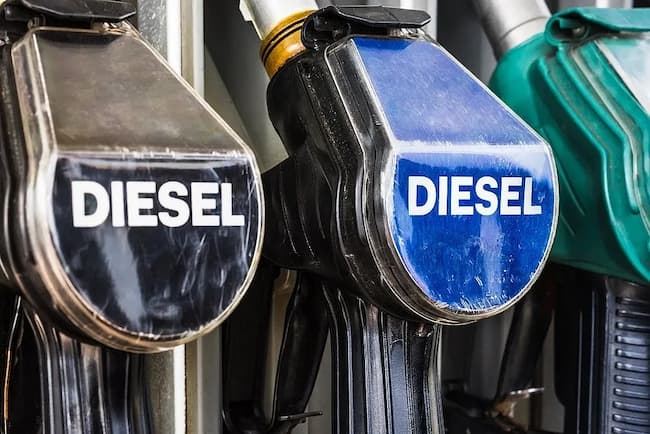The Chief Executive Officer of Global Innovation Learning Lab, Agwu Amogu, revealed that a report by the African Development Bank estimates that Small and Medium-scale Enterprises (SMEs) spend approximately $14 million each year on diesel for various business needs. Amogu made this statement during the launch of a new book titled “Tariff and non-tariff policies and impact on industrial development” by former Minister of Finance, Kaku Idika Kalu.
Amogu criticized the effectiveness of import substitution policies in Nigeria, stating that the country has not reaped the expected benefits from such strategies. He highlighted the downsides of import substitution, noting that it often leads to shortcuts, weakens industry efficiency, and results in a loss of global competitiveness.
“The efficiency of the industry is weakened, and the competitiveness globally is lost,” Amogu emphasized.
He further pointed out the significant financial impact on SMEs, stating that they spend $14 million annually on diesel alone. Closing this gap, he argued, could lead to a reduction in the demand for foreign exchange and an increase in competitiveness, as SMEs currently allocate 10 percent of their profits to diesel expenses.
Renowned economist Prof Ayo Teriba, the CEO of Economic Associates, also spoke at the event, emphasizing the importance of tariff policies in global economic discourse. Teriba highlighted the evolving nature of the global economy since the turn of the century, with technology emerging as a competitor to industrial firms.
The Minister of Budget and Economic Planning, Atiku Bagudu, praised Kaku Idika Kalu for his contributions to the Nigerian economy. Bagudu, who had worked as an assistant to Kalu during his tenure as the Minister of Finance, acknowledged the positive reforms championed by Kalu that repositioned Nigeria toward growth. Bagudu emphasized the need for structural shifts in Nigeria’s approach to various aspects, commending Kalu’s willpower displayed during his public service tenure.
The Chairman of the event, Obi of Onitsha, Igwe Nnaemeka Achebe, expressed concerns about Nigeria’s trajectory since the military coup of 1966, stating that the country has experienced a downward trend with each regime proving less effective than its predecessors. Despite experimenting with different types of government, Achebe emphasized the need for a more effective governance model aligned with the vision of Nigeria’s founding fathers at independence.















